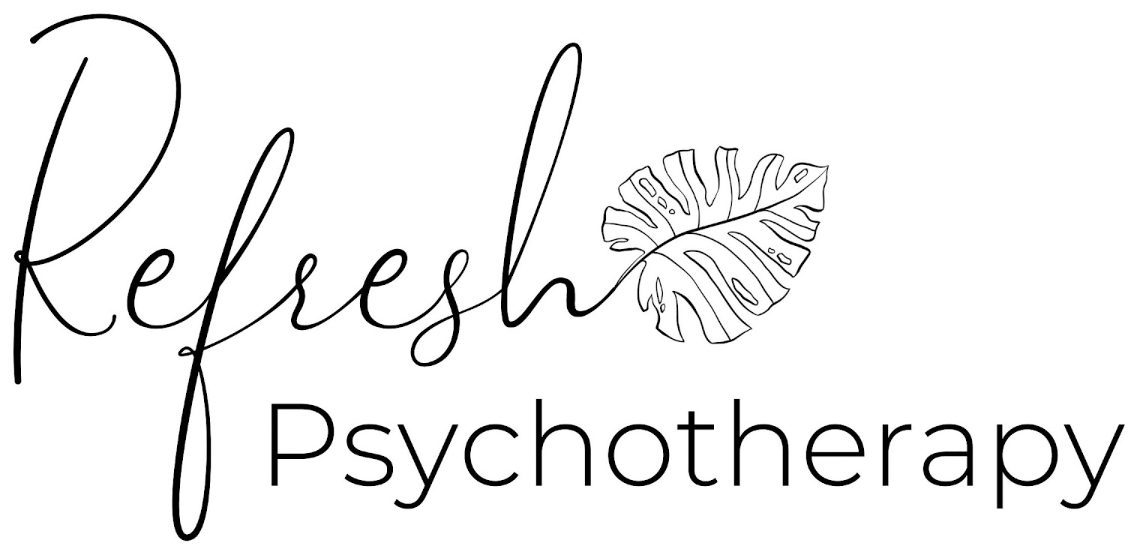
When You’re the Therapist Friend: How to Protect Your Energy
In every friend group, there’s often that person—the one who offers calm advice, listens without interrupting, diffuses tension, and seems to have it all together. If you’re reading this, chances are that person is you. You’re the go-to sounding board, the unpaid life coach, the emotional anchor. You’re the one who gets the 2 a.m. crisis texts and the “Can I vent real quick?” DMs from friends, coworkers, and sometimes near-strangers.
You didn’t ask for the role, but it found you—and you’ve gotten good at it. So good, in fact, that people forget you have needs of your own.
From a mental health perspective, being the “therapist friend” can be a double-edged sword. On one hand, your empathy and insight are strengths. On the other, they can leave you overextended, resentful, or emotionally drained. The line between supportive and self-sacrificing gets blurry—and without boundaries, the burden can start to feel like burnout.
This article is for anyone who’s exhausted from being everyone’s emotional safety net. It explores why this dynamic forms, how it impacts mental health, and what you can do to protect your energy without abandoning your relationships.
Why You Became the Therapist Friend
People who become the “therapist friend” often share several psychological traits: high emotional intelligence, strong interpersonal skills, and a history of being hyper-attuned to the moods of others. Many have experienced childhood roles that required them to become peacekeepers, parentified children, or emotional regulators for overwhelmed adults (Hooper et al., 2011). These patterns create a tendency to step into caregiving roles automatically—even when it’s not explicitly asked of them.
Others grow into the role through professional or academic training. If you’re a mental health professional, medical provider, teacher, or coach, your identity is tied to helping others—and your friends may lean on you without realizing they’re treating you more like a therapist than a peer.
But regardless of how the role starts, the result is often the same: you end up holding more emotional labor than your fair share.
The Mental Health Toll of Constant Emotional Labor
Emotional labor refers to the invisible work of managing other people’s feelings, smoothing over conflict, and staying calm even when you’re not. When this becomes your default mode in personal relationships, it can lead to:
- Compassion fatigue
- Emotional burnout
- Suppressed anger or resentment
- Reduced capacity for self-care
- Enmeshment or codependent dynamics
What’s more, the therapist friend often doesn’t feel allowed to struggle. People expect them to always be calm, wise, and available. As a result, they might downplay their own problems, believing they should be able to handle everything on their own.
But this belief is both unrealistic and damaging. Everyone deserves support—not just those in crisis. And no one should have to perform emotional perfection just to be accepted.
How to Recognize When It’s Too Much
Signs that the “therapist friend” role is taking a toll include:
- You feel dread when a certain friend calls or texts.
- You avoid sharing your own struggles because you’re afraid they’ll seem small.
- You feel guilty saying no, even when you’re at capacity.
- You resent how much space others take up, but feel unable to stop it.
- You notice a pattern: others vent, you listen, and nothing changes.
These are warning signs that your boundaries have been eroded—and that it’s time to reevaluate how much emotional labor you’re willing (or able) to give.
Protecting Your Energy: What Therapists Recommend
You don’t have to cut everyone off to reclaim your bandwidth. Here are therapist-approved strategies for maintaining your empathy without sacrificing your well-being:
1. Differentiate Between Support and Fixing
Listening with care doesn’t mean solving the problem. Instead of jumping into advice-giving mode, ask: “Do you want to vent, or would it help to talk through solutions?” This sets a limit and invites shared responsibility for the emotional exchange.
2. Set Limits on Frequency and Duration
You’re allowed to say: “I really want to be here for you, but I can only talk for 15 minutes today.” Setting time boundaries preserves your energy without rejecting the person.
3. Name Your Needs—Out Loud
Let your friends know when you need support. If the dynamic is always one-sided, healthy friends will welcome the chance to show up for you, too.
4. Redirect to Professional Resources When Needed
You can say: “That sounds heavy—I think this is bigger than what a friend can help with. Have you thought about talking to a therapist?” This reinforces that your role is a friend, not a clinician.
5. Recognize Resentment as a Signal, Not a Failure
Resentment often means you’ve overextended yourself. It’s not a sign that you’re selfish—it’s a cue that you’ve ignored your own limits.
6. Practice Saying No Without Overexplaining
You don’t have to justify your boundaries with elaborate explanations. A simple “I’m not in the right space to hold that right now, but I care about you” is enough.
7. Reframe Boundaries as Connection Tools
Boundaries aren’t walls—they’re guidelines that make deeper connection possible. They prevent burnout, resentment, and emotional depletion, allowing you to show up more fully when you do choose to engage.
When Friendship Starts to Feel Like Therapy
It’s important to ask yourself: Is this a mutual friendship, or a one-sided support dynamic? If your relationship primarily revolves around the other person’s crises, needs, and processing, it may be time to reset expectations.
Therapy-saturated friendships often lack balance. You deserve relationships where your voice is heard, your needs matter, and your presence is valued for more than your insight.
And if setting boundaries causes conflict, that’s information—not failure. It tells you how safe the relationship really is.
How Therapy at Refresh Psychotherapy Can Help
At Refresh Psychotherapy, we help clients break free from emotionally overburdened roles—including the therapist friend dynamic. If you’ve been carrying too much for too long, therapy can offer a space to explore why that role formed, what it costs you, and how to create more equitable, energizing relationships. You don’t need to give less—you just need to stop giving everything. Our clinicians support you in reclaiming your right to rest, receive, and exist without always being the strong one.
Need help protecting your energy? Make an appointment with one of Refresh’s talented therapists at:
Written by: Keeley Teemsma, LCSW, MA
Works Cited
Grabe, S., Ward, L. M., & Hyde, J. S. (2007). The Role of the Media in Body Image Concerns Among Women: A Meta-Analysis of Experimental and Correlational Studies. Psychological Bulletin, 134(3), 460–476.
Hooper, L. M., Doehler, K., Wallace, S. A., & Hannah, N. J. (2011). The Parentification Inventory: Development, validation, and cross-validation. The American Journal of Family Therapy, 39(3), 226–241.
Figley, C. R. (1995). Compassion Fatigue: Coping with Secondary Traumatic Stress Disorder in Those Who Treat the Traumatized. Brunner/Mazel.
